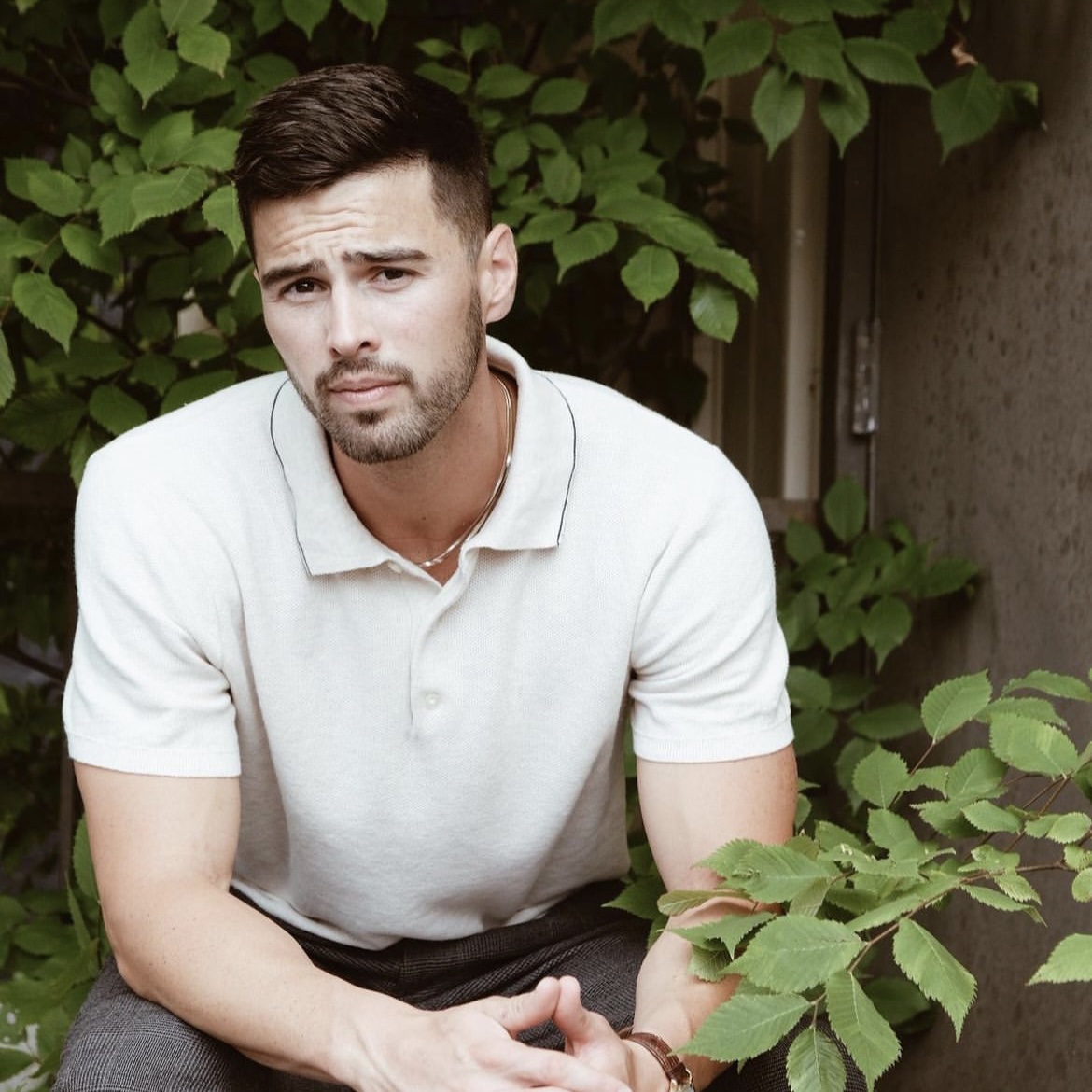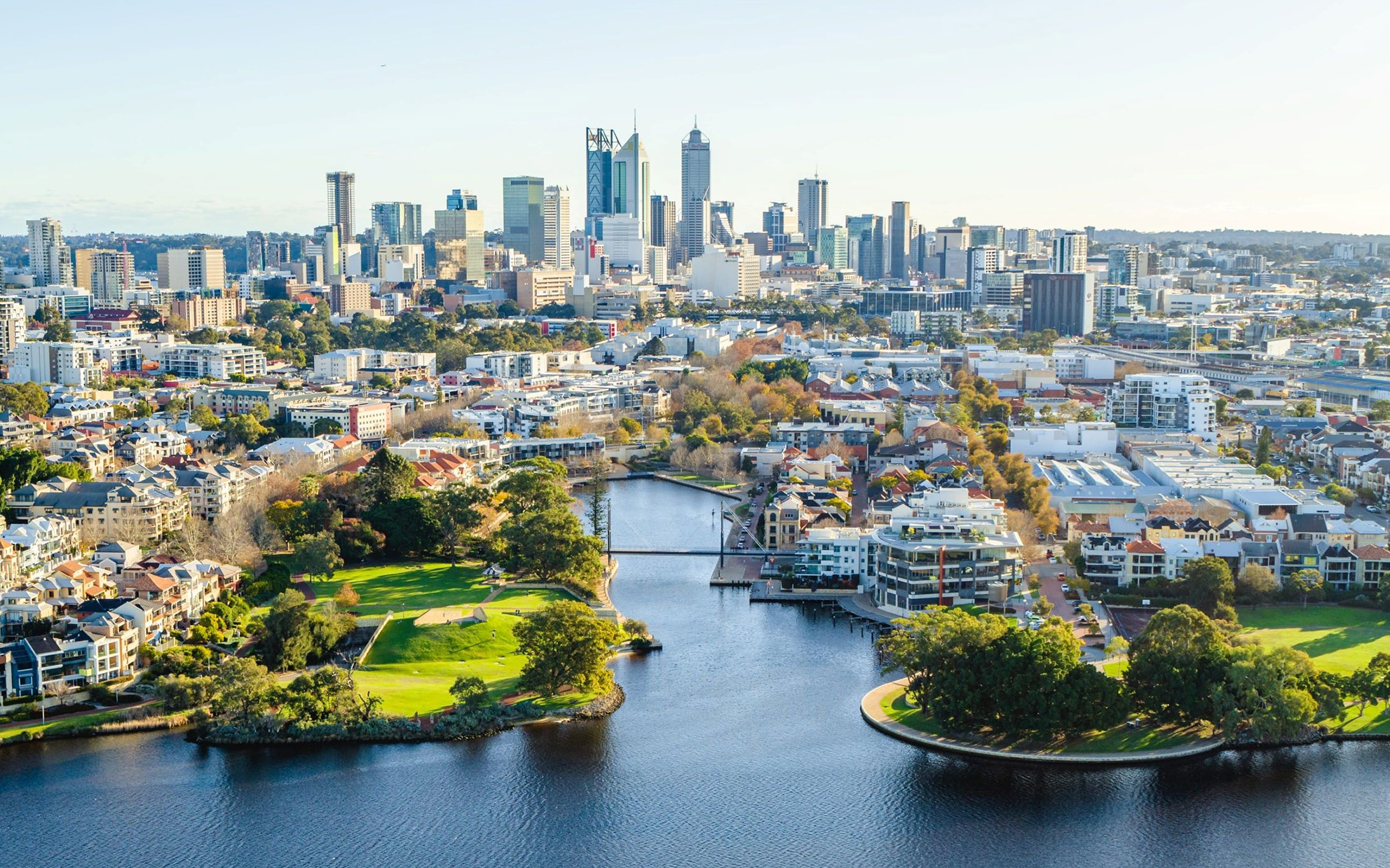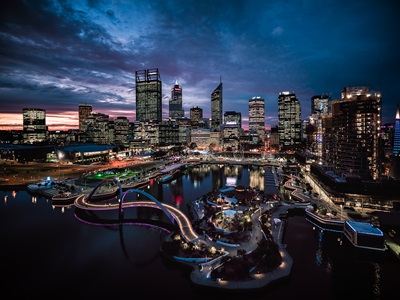While thousands of shoppers hunt bargains at a cheap clothing event, one Australian label is shutting down as local designers struggle to compete against ‘fast fashion’ producers.
Australia has in the past sent the majority of its fashion manufacturing offshore, meaning textiles can be mass-produced at a low price.
As the cost-of-living crisis fuels demand for affordable clothing, Australians continue to access cheap fashion on a global scale, largely thanks to the growth of online ‘fast fashion’ sites.
Fast fashion is a term coined to describe clothing that is manufactured quickly, on a mass scale.
This weekend a multi-billion-dollar online clothing platform gave Perth shoppers the opportunity to buy their garments in person.
Ellise was the first through the doors.
“I’ve been waiting here since 6am, it was really dark,” she said.
“They have very unique designs, I’m very excited that they’ve come over to Perth.”
Crowds lined the car park of Claremont Showgrounds for hours, ready to buy big and buy cheap.
“[It cost] $130 for all three of these items which was an absolute bargain because I think if you were to go somewhere else it would be I think $500 to $600,” Ellise said.
Monopoly on manufacturing
At the same time, local designer Shannon Malone packed her last orders, shutting her label after four years in business.
“It was just no longer viable to be producing clothing in Western Australia with the market and the price point I had to be charging garments at,” she said.
With one employee, Ms Malone would design, cut, and sew clothing from her studio in Perth.
“With fast fashion giants, they have the monopoly on essentially product manufacturing. They’ve got the quickest turnaround,” she said.
“There are giants that proudly boast they have 120 new styles a week … there’s no way that a brand like mine, at this scale could compare to the turnaround of a massive brand like that.”
Ms Malone’s is one of many Australian-made labels shutting up shop in a growing battle to compete with global online business.
“It feels like every week there is a small business closing down,” she said.
“It’s going to become very rare to find clothing made in Australia.”
‘Real double standard’
Australians have become the biggest consumers of clothing per capita in the world, according to research from the Australia Institute.
The 2024 analysis revealed Australian’s buy an average of more than 50 new items of clothing a year.
The average value of those new clothes is $13, compared to $40 in the UK.
Ms Malone said offloading manufacturing overseas has disconnected people from understanding what goes into making a sustainable and durable product.
“Whenever there’s a stitch on a garment, it’s a person behind the machine,” Ms Malone said.
“More and more households and consumers are wanting to know where our food has come from, where have our eggs come from … but that’s not the case with clothes at all.
“There’s a real double standard.”
Small brand struggle
Designer Luka Rey makes swimwear to order from her home studio and said fast fashion houses have used the rising cost of living to their advantage.
The result is clothing with a shorter life span.
“I think a lot of big brands see price increases across the board, they look to fill that gap, and they just start offering a lower price point product and introducing cheaper materials,” she said.
“But that’s obviously not something that I would feel comfortable doing.”
Ms Rey said small brands charge a higher price point because their products are made usually from expensive materials in small amounts.
She said the argument of supporting local is more nuanced than expecting people to spend outside of their means.
“You cannot deny that there are people out there that cannot afford that,” she said.
“I don’t think it’s fair to necessarily say that everyone should just be spending more, but it’s about encouraging people to keep their values in check.
“If you want to live in a world where diverse creativity exists, then you need to support it, otherwise it’s just going to disappear.”
ABC News homepage or the settings menu in the app.
Loading
Posted , updated
Source: abc.net.au

George Barham, an accomplished journalist and avid gambling enthusiast, serves as the esteemed Editor-in-Chief at fly-to-australia.com, Australia’s leading source for comprehensive gambling news and insights. With an unwavering passion for both the written word and the ever-evolving world of betting and gaming, George brings a wealth of knowledge and expertise to the helm of our editorial team.



